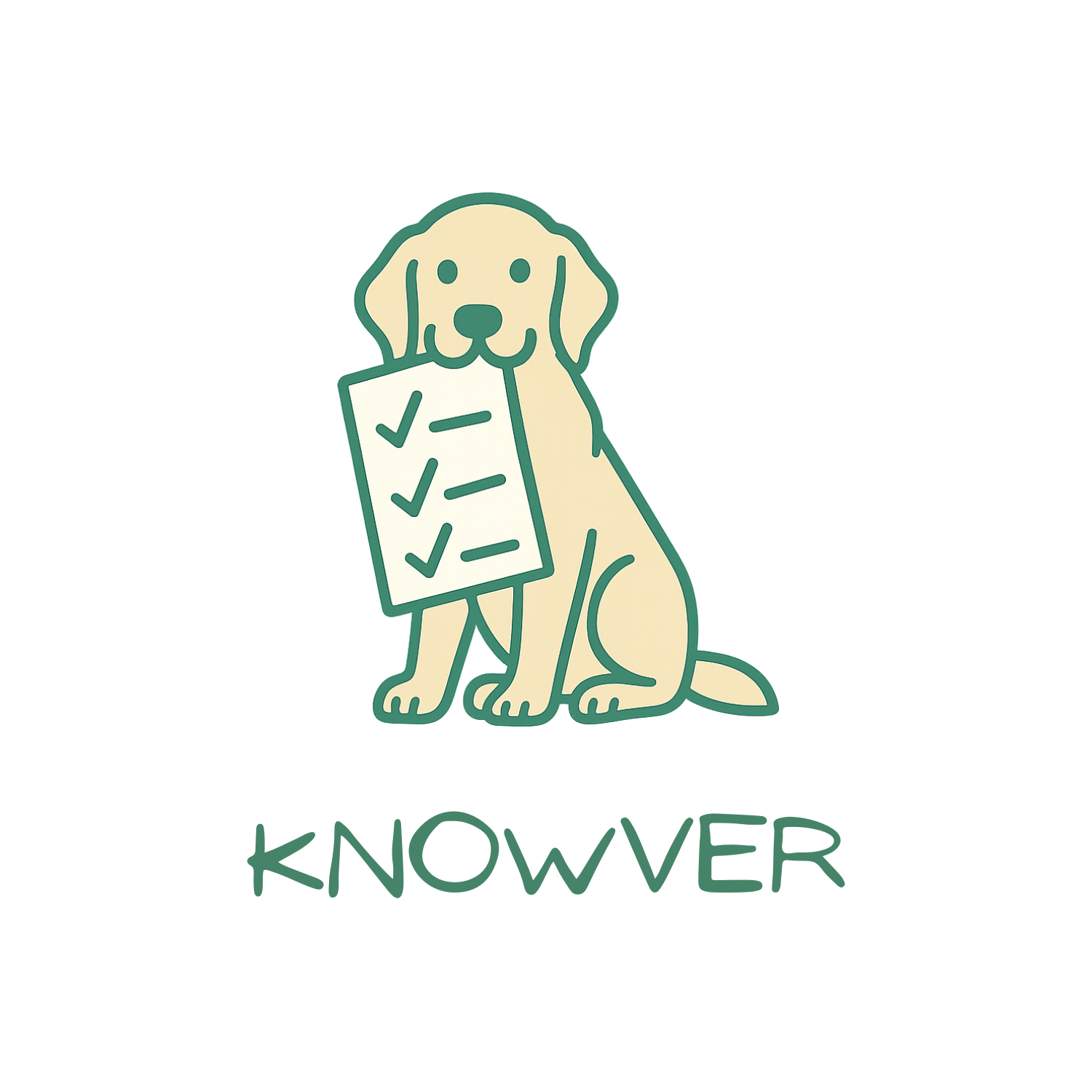What is wear and tear?
If you’ve ever made an insurance claim, you might have heard the phrase “wear and tear”. You may have also seen this referred to as “gradual deterioration”.
It sounds simple, but it catches many small business owners off guard.
What is wear and tear?
Wear and tear is the gradual damage or deterioration that happens to property or equipment through everyday use, rather than through an accident or sudden event. Think of it as the natural ageing process for your items.
Some examples of wear and tear include:
A 5-year old laptop battery that slowly stops holding charge.
A carpet in your shop that fades and frays after years of customers walking on it.
A 15-year old shed at your rental property that has started to rot.
None of these things are sudden accidents or unforeseen damage, they’re just a part of things getting older and being used.
Does my insurance cover wear and tear?
Usually, no.
Insurance policies are designed to cover sudden, unforeseen and unexpected events, like fires, floods or theft. They’re not there to protect the slow, foreseen decline of your property or equipment.
If your equipment breaks down or your property becomes tired just from normal, repeated use, your insurer will probably say it’s wear and tear and won’t pay out.
How can I protect my business?
Whilst insurance won’t protect you against wear and tear, and it can’t be avoided completely, there are a few ways in which you can minimise the impact and plan ahead:
Budget for replacements: Everything has a natural lifespan. Phones, computers, white goods and vehicles will all fail eventually. Plan to upgrade before this happens.
Schedule regular maintenance: Servicing equipment and checking for small issues around your property can extend lifespan and reduce the risk of sudden breakdowns.
Read your policy carefully: Understanding what is and isn’t covered can save headaches (and money!) later. Look for exclusions like “wear and tear” or “gradual deterioration” so you know what to expect before you claim.
Remember: insurance is there for unexpected losses (like fires and floods), not the predictable ones (like wear and tear). Knowing the difference helps you avoid nasty surprises and keep your business running smoothly.
Insurance shouldn’t be confusing. Visit our no-nonsense, plain English glossary to make sense of other common terms.
Got a question about your cover, or want to know more? Visit our contact page and drop us a message. We’d love to hear from you.
